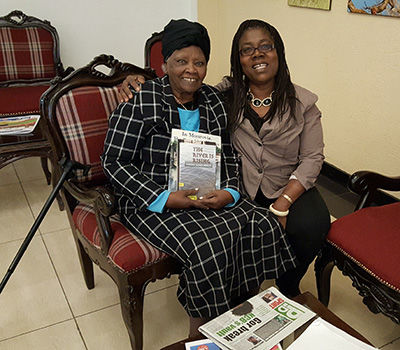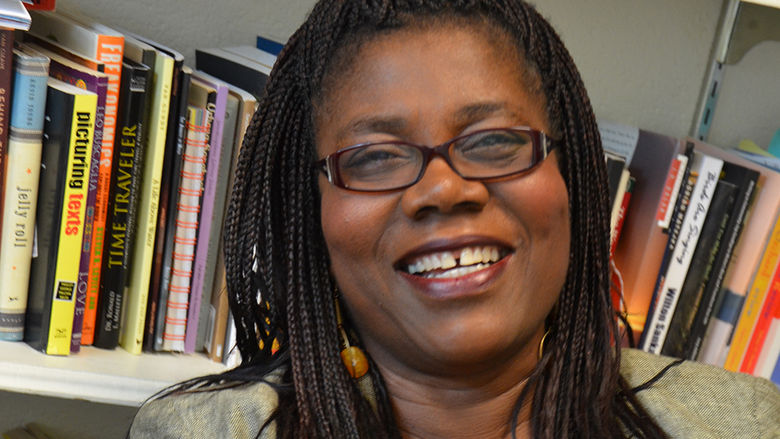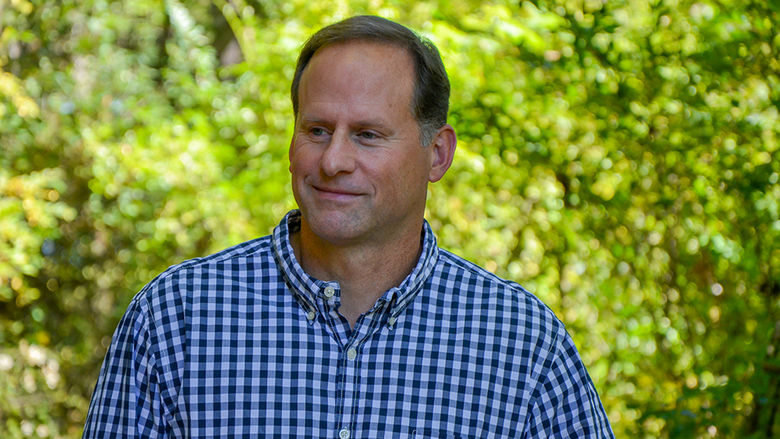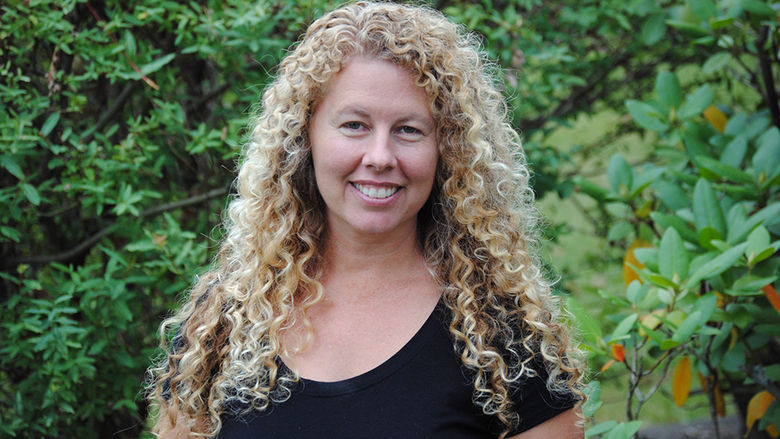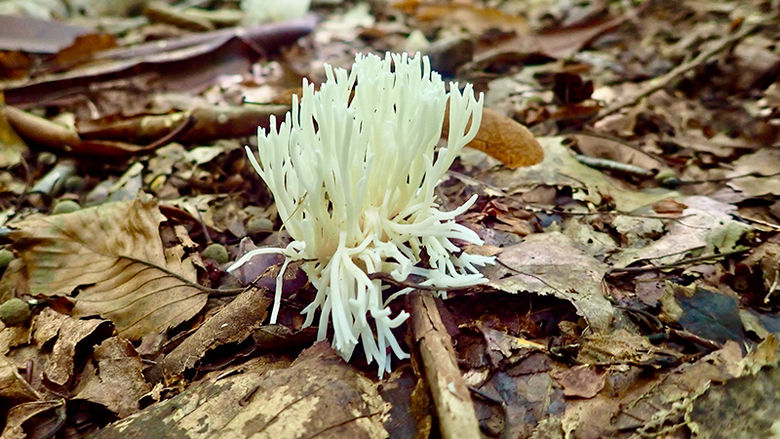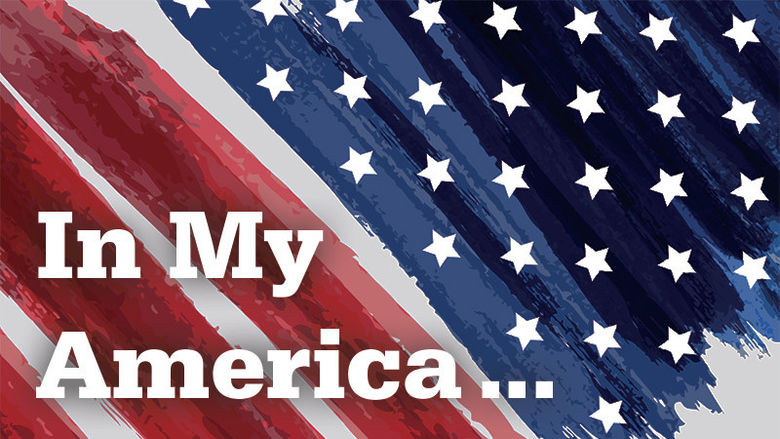At an age when most children play games, Patricia Jabbeh Wesley was, as she says, "playing with poetry and fiction. I cannot remember a time when I wrote one genre." And unlike most in her age group, for Jabbeh Wesley writing wasn't just a phase: "By 14 I was writing seriously." She grew up in Liberia, West Africa, and credits her father for the excellent education she received at the College of West Africa (what would be a high school in the United States). "My father sent me to the 'best' school in the country -- 95 percent of the presidents and vice presidents of the country came from that school. He was my first fan."
In addition to making sure his daughter had a good education, Jabbeh Wesley's father gave her the equipment she needed to become a writer. "He saw I was struggling to write stories by hand. So he bought me my first typewriter and the Gregg book [for learning to type]. He said, 'Look here, madame. I see you struggling to write. Here's a book that will teach you how to type and here is a typewriter.'" She laughs as she describes teaching herself to type and how hesitant she was when her father wanted to test her typing skills. "I had to tell him I hadn't learned how to do numbers. He said, 'You say you want to be a writer, not a mathematician. You don't need to do numbers.'"
Her drive to write continued, as did her focus on one art form: "I was writing mostly poetry. I knew I was a poet." Jabbeh Wesley earned a bachelor's degree with honors from the University of Liberia and then a master's in English education from Indiana University in Bloomington before returning to Liberia and civil war. "During the war I wrote poetry. War has no time for fiction." She explains why poetry: "With a poem you can write a few lines while houses are being bombed. I felt I had an urgent message. The other thing that made me write more was poetry uses metaphor to hide the bloodiness of war. You don't have to say that they slashed open a woman. You don't have to say that you watched them cut off a man's head."
Now back in the United States Jabbeh Wesley is an associate professor of English at Penn State Altoona. When she's not teaching, she is writing and traveling. "I have been a much sought after poet for poetry residencies, and have therefore visited dozens of institutions and nearly all of the 50 states, doing poetry readings and workshops." She recognizes her good fortune: "I think I am among the lucky poets. I have been to so many festivals around the world. I was recently invited to the Kistrech Poetry Festival in Kisii, Kenya, last year by a poet who had met me in Medellíin, Colombia. One of the good things [about my work is that] people read me all around the world."
Before arriving in Kisii, an "unlikely place for a poetry festival" (so says festival participant Opal Palmer Adisa in her blog), Jabbeh Wesley had the opportunity to speak on "The Beauty and Difficulties in Writing African Poetry/Literature in America" at Jomo Kenyatta University, "Kenya's top university, also visited by Barack Obama a week earlier," she notes The following day she appeared at the University of Nairobi, where she read her poetry and presented a talk on "The African Oral Tradition."
Once she reached Kisii, Jabbeh Wesley felt very much at home because the mountainous landscape looked so familiar. "When you wake up the morning and pinch yourself you think you're in Altoona."
Her agenda was full the entire trip: "We spent five days doing readings, workshops, talks. We had poets from South Africa, England, Norway, and Nigeria. We took a trip to a village where we listened to a lot of village kids perform. I told a story. We talked about our poetry, our life."
Even with the wonderful experiences of the festival, the trip had some unexpected highlights. Due to airline problems, Jabbeh Wesley missed doing a radio interview at the beginning of her visit. The day before she left, however, she did have an appearance on "the Kenya Broadcasting Corporation, the national radio station." And that radio appearance led to another -- very memorable and meaningful -- exchange.
"Renowned poet and writer Muthoni Likimani, one of the first African feminists, she's 90, called while I was in the [radio] studio," Jabbeh Wesley said. "I had met her years ago at an African Literature Association conference (ALA) annual conference." Likimani invited her to stay as her guest, but Jabbeh Wesley was about to leave so she didn't think there would be any time. But the next day she received a very pleasant surprise. "I had changed from my African clothes to my travel clothes," she says, and was waiting for her ride to the airport when she got a call that Likimani was waiting for her in the hotel lobby. "When she sees me, she's dancing. She had books for me." Jabbeh Wesley was very touched. She calls Likimani a "wise, powerful feminist poet. She was an activist for the Mau Mau." The two poets visited for two hours and "when I went up [to my room], got my luggage, and came back down she was still waiting for me."
Experiences like this—meeting people one admires and sharing ideas—are some of the rewards of dedicating one's life to the isolated act of writing. So is having the opportunity to inspire people to change their lives. Jabbeh Wesley uses the word "fulfilling" to describe her work: "One of the most fulfilling things for a writer is to challenge younger people to aspire to greatness." In her writing, teaching, and traveling all over the world, Jabbeh Wesley does her best to share that opportunity for fulfillment.
